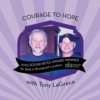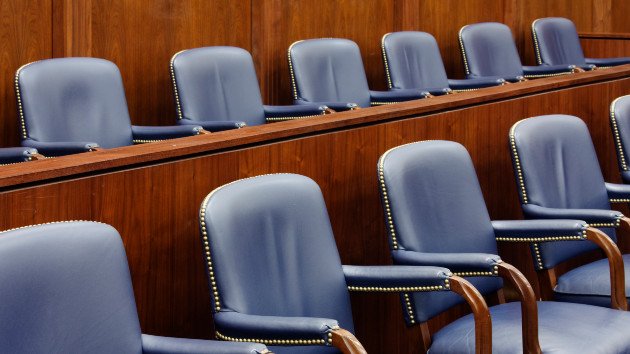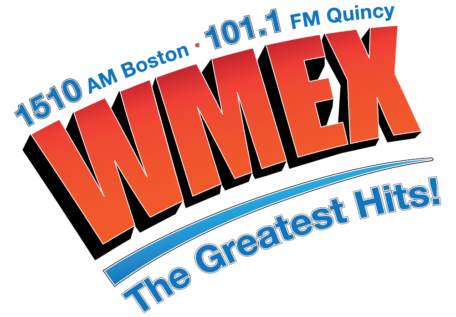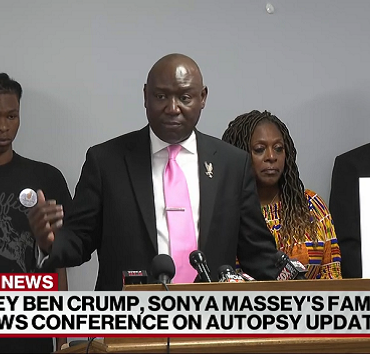-
 play_arrow
play_arrow
WMEX WMEX Boston
-
 play_arrow
play_arrow
Courage To Hope-Episode 82-Michael Courage To Hope-Episode 82-Michael
As Trump hush money trial draws to a close, jury instructions to play key role
todayMay 28, 2024

Mint Images/Getty Images
(NEW YORK) — The criminal hush money trial against former President Donald Trump is drawing to a close, with deliberations expected to begin as early as Wednesday.
But before that can happen, a fundamental step must take place: the charging of the jury.
The charging — or as it’s also known, instructing — of the jury is a standard procedural step in any jury trial, during which the judge advises jurors on how they should go about reaching their verdict. The judge will lay out the particulars of the law in question, often defining esoteric legal terminology, in order to guide the jury into an understanding of what would constitute a violation of said law.
Jurors are instructed on how to apply these guidelines to the evidence presented during trial — which in this case, includes the testimony of 20 witnesses and over 250 exhibits — to determine whether the prosecution has proven their case against the defendant.
How Judge Juan Merchan instructs the jury — and how the jury understands those instructions — will be critical to how this historic case is decided, experts told ABC News.
“I can’t overemphasize the importance of the judge’s instructions — jurors cling very tightly to the roadmap the judge provides,” Cheryl Bader, a professor at Fordham Law, told ABC News. “The verdict is not just a determination of what facts the jury believes, it is the intersection of facts and law together.”
In a pre-charge conference Tuesday, during which the prosecution and defense sparred over what should be included in jury instructions, Merchan said he would ensure the instructions were clear and comprehensible.
“We want to make it as easy as possible for the jury,” he said.
Merchan will instruct jurors that they must find Trump guilty “beyond a reasonable doubt” in order to convict. As with any criminal case, the burden of proof lies with the prosecution — meaning prosecutors must prove Trump is guilty, and the defense does not have to prove Trump’s innocence.
Merchan is also likely to inform jurors that they must only consider evidence presented during the trial, and not allow bias or sympathy to sway their decision. They will also be instructed they cannot hold Trump’s decision not to testify against him.
Trump is charged with 34 felony counts of falsifying business records — a crime that can be tried as a misdemeanor, but may be elevated to a felony when the act was done in an effort to cover up an underlying crime. Prosecutors have suggested Trump violated election laws by concealing a hush money payment to adult film actress Stormy Daniels in order to protect damaging information about himself from coming out ahead of the 2016 presidential race. Trump has pleaded not guilty and denied any wrongdoing.
The crime-within-a-crime nature of the felony charge means instructing the jury may be a complicated task. In a motion earlier in the case, Merchan ruled against requiring prosecutors to specifically identify the underlying crime they believe Trump committed — but jurors will need to have a solid grasp on what that alleged underlying crime is in order to decide whether Trump is guilty of the felony charges.
The prosecution and the defense have disagreed over what exactly the jury must find proven in order to convict. Defense attorney Emil Bove has argued they must find Trump acted willfully in order to be found guilty, saying “there must be a criminal object” of the alleged conspiracy to hide damaging information from voters ahead of the 2016 election.
Prosecutors argued the jury should be told that Trump could be convicted because he caused false entries into the Trump Organization’s general ledger through controller Jeff McConney and his deputy Deb Tarasoff, both of whom testified at trial. The defense suggested in opening statements that Trump could be acquitted since he himself did not enter accounting records but left it to others.
“Explaining the law around the specific charges here will likely be more challenging and contentious than in a typical assault or robbery case because of the way this case is charged,” Bader said. “It will be interesting to see what federal or state election law is explained to the jurors in the judge’s charge.”
Much of the case will hinge on whose story jurors believe — do they trust Trump, whose attorneys say he paid the hush money not to influence the election, but to protect his family and reputation? Or do they believe former Trump fixer Michael Cohen and the other witnesses who support his claims? The defense has painted the prosecution’s star witness as a serial liar with a vendetta against the former president.
But how the jury approaches the issue of credibility is inherently subjective and impossible to predict.
“They can choose to accept all, part or none of the testimony of any witness — as they are the sole arbiters of credibility,” Bader said.
If Trump is found guilty, the defense can be expected to appeal the conviction, in which case jury instructions can play a pivotal role.
“Because a judge’s charging decisions rest on determinations of law, they are fertile ground for appeal,” Bader said.
Copyright © 2024, ABC Audio. All rights reserved.
Similar posts
CONTACTS
- https://wmexboston.com
- 781-834-WMEX(9639)
- studio@wmexboston.com
- 130 Enterprise Dr, Marshfield, MA 02171
ABOUT
WMEX Boston can be heard at 1510 AM, and 101.1 FM. Playing the greatest hits from 50s, 60s, 70s, 80s, and more!
MENU
SPONSORS
Copyright 2024 WMEX Boston - Design by Pro Radio Solutions




